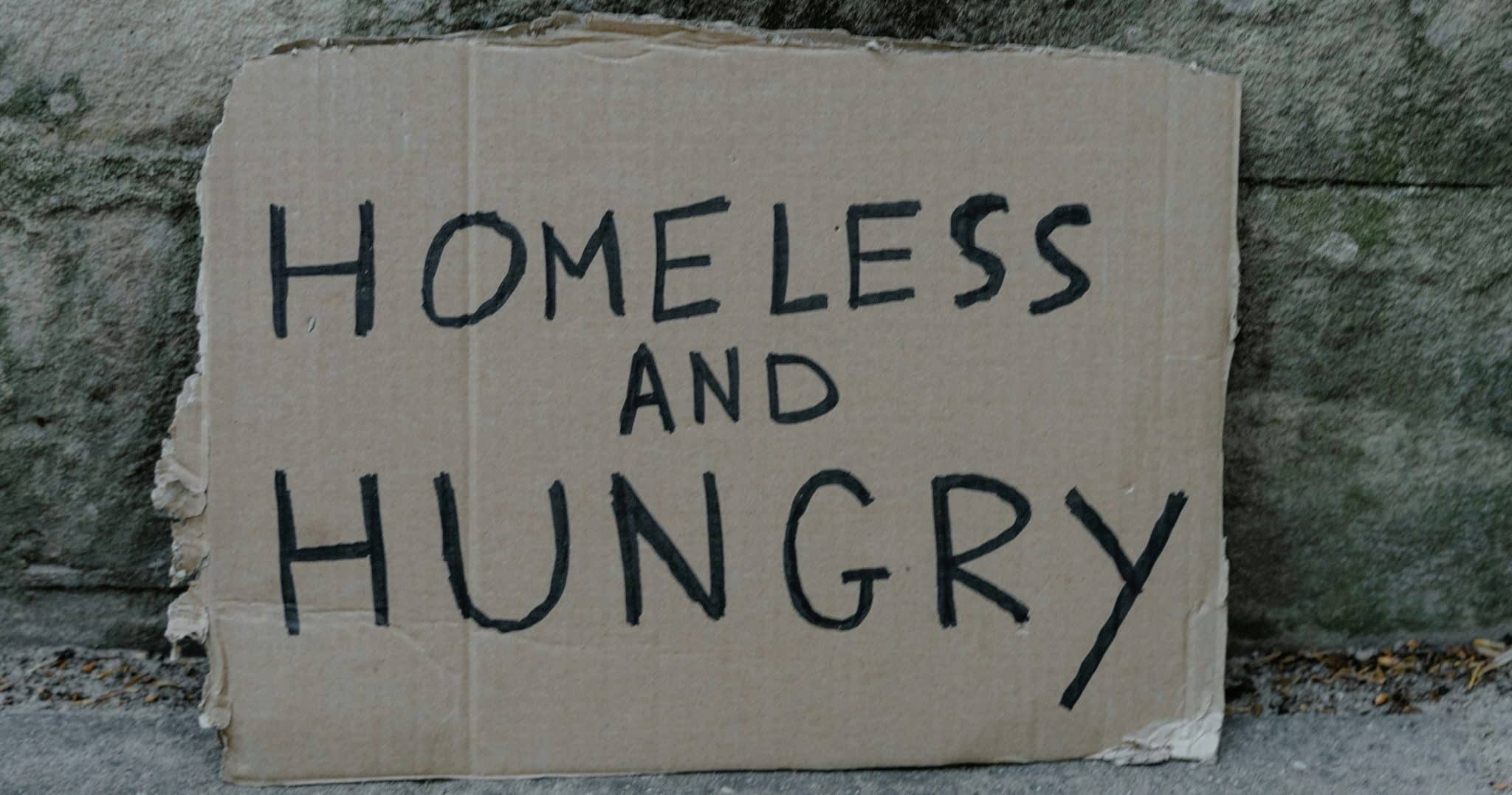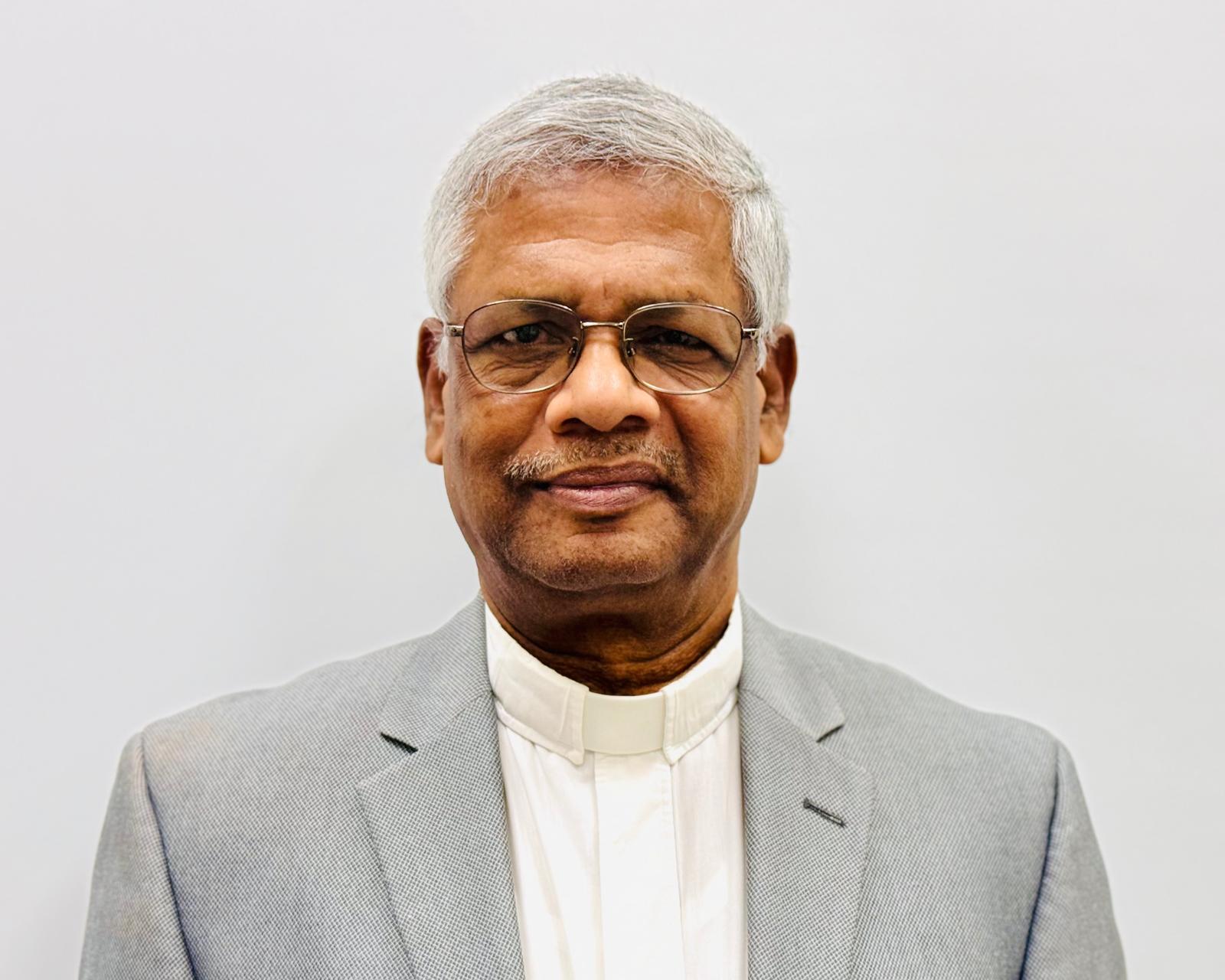The Bible doesn’t talk about toxic social environments of today, so what should we do?
This article is published in partnership with The Methodist Church in Singapore.
Rev Ranganathan Prabhu // April 8, 2024, 4:02 pm

John Wesley emphasised “social holiness” in his writings and preachings. What does that mean for us as Christians to help build a society that is not just functional but also relational and connectional? Photo by Mart Production for Pexels.
Every Christian aspires to obey God, avoid evil and do good. But some modern day predicaments are not discussed specifically in the Bible. How, then, can we apply biblical principles to our lives?
In this series, The Methodist Church in Singapore shares reflections on its Social Principles which, more than ever before, can help believers live by God’s firm principles in today’s volatile and complex world.
Here, Rev Ranganathan Prabhu looks at the struggles of contemporary society and how the Church can respond through a biblical lens, by the grace of the Holy Spirit.
A relational society, not just a functional one
Social wellbeing is a “healthy social environment”.
It calls on everyone in the community to actively participate and contribute for the betterment of society. It involves building a healthy relational, connectional and functional community. Every individual is valued, respected, appreciated and tapped into.
The founder of the Methodist movement, the late Reverend John Wesley, emphasised “social holiness” in his writings and preachings. He encouraged his members to get involved in their own special way in the community.
Wesley wanted church members to cross the barriers that existed in the social strata of his time and selflessly reach out to those in need. He insisted on social change rather than structural change.
John Wesley insisted on social change rather than structural change.
Jesus said: “For even the Son of Man did not come to be served, but to serve, and to give his life as a ransom for many.” (Mark 10:45)
What Jesus meant was that service to humanity calls for a life of sacrifice, borne out of love and devotion.
Singapore, though a small nation, has multiple challenges. In a busy world, our eyes need to be wide open, our sensitivities sharp, our hearts filled with compassion and our minds ever willing, with the same attitude as Jesus.
Some people need curative measures and some preventive, while others need redemptive and restorative help.
It is easy to bypass the disadvantaged if we focus only on our needs. It is also possible to justify our non-involvement citing the same excuse.
As God’s people we need to place others above ourselves. While we cannot meet all needs by ourselves, we certainly can meet some.
For centuries, churches and missions have been serving the community to alleviate poverty by caring for the poor, providing education to the downtrodden, giving asylum to the disadvantaged and destitute, providing medical care to the sick and dying, and helping those who struggle with gambling, alcohol or drug addiction. There are others who struggle with gender identity. The list is not complete.
Equipping and empowering each other for good
Social wellbeing, as a Christian social principle, recommends a balanced community.
Our service to people should not only address “felt” needs but “real” ones too. If we do not address the real needs, our efforts will not bring a solution. Just clearing the web will not solve the problem – we need to kill the spider.
Social wellbeing ensures development after relief. We need to equip and empower the community to carry on with mutual support.
Our service to people should not only address “felt” needs but “real” ones too.
We encourage members to care for others in workplaces, while not endorsing evil practices.
Even those who break the law need mercy and help. They provide an opportunity for rehabilitation and a new lease on life to offenders.
It can be challenging, though, when we come across these wounded ones who are victims of their own circumstances. In the process of healing their wounds, we may be wounded, too, according to Henry Nouwen, the great Dutch writer and theologian.
Caution and self-care are important in such undertakings. But, in turn, one of these people we help can become healers too.
Nouwen says: “When our wounds cease to be a source of shame, and become a source of healing, we have become wounded healers.”
So the Church as a community of God’s people should go all out, beyond herself, to fulfil her duties. We should be active agents of change who, by helping others, can transform the world as Jesus would want.
“In the same way, let your light shine before others, that they may see your good deeds and glorify your Father in heaven.” (Matthew 5:16)
The Methodist Social Principles on Social Wellbeing articulate The Methodist Church in Singapore’s response to the issues that communities face today. These are not rules, but guidelines drawn from scriptural and theological foundations as well as Methodist traditions.
Watch this space for the next article on social principles: The Bible doesn’t talk about tech and AI, so what should we do?
RELATED STORIES:
Family Devotion Day 18: God can use you to change the world!
In an age of AI, IVF and NFTs, are Christian social principles still relevant?
We are an independent, non-profit organisation that relies on the generosity of our readers, such as yourself, to continue serving the kingdom. Every dollar donated goes directly back into our editorial coverage.
Would you consider partnering with us in our kingdom work by supporting us financially, either as a one-off donation, or a recurring pledge?
Support Salt&Light



